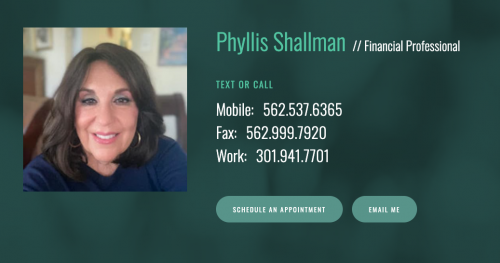
Most people think that buying a home in a neighborhood with an HOA is the only way to access certain amenities and services.
But everyone’s heard their share of HOA horror stories. Nitpicking neighbors, outrageous fees, and dysfunctional meetings are just a few of the woes that an HOA can bring your way.
So, should you join an HOA, or stay away? Here are a few factors to consider if you’re currently in the market for a new home and not sure if an HOA is a green light or red flag.
When it comes to HOAs, there are pros and cons to both being in one and not being in one. Here are some of the pros of being in an HOA…
You have access to amenities that you may not have otherwise. This can include things like a pool, a clubhouse, or even just a nicer street.
Rules and regulations of the HOA can help keep your neighborhood looking neat and trim and boost the value of your home—single family homes under HOAs sell for 4% more than the market average.¹
HOAs can often enforce rules more effectively than individual homeowners. That can be helpful if you have a problem with neighbors who are damaging property values.
HOAs can have substantial value. One survey found that for every dollar of fees, an HOA brought $1.19 of benefit.²
But HOAs aren’t all flowers and sunshine. Here are some of the cons of being in an HOA…
HOA fees can be expensive. Yearly fees range from $1,000 to $10,000, which can put certain homes out of your price range.
HOAs can nitpick trivial things, like the color of your house or the kind of plants you put in your yard. There are few things worse than having someone else tell you how to decorate the home you’re making mortgage payments for.
HOAs can be toxic. Like all organizations, HOAs are subject to corruption. Board members can be aggressive and narrow minded, chairmen can become tyrants, and neighbors can be selfish. Rest assured, there’s almost nothing worse for homeowners than getting stuck with a toxic HOA.
HOAs can be useless. There’s nothing worse than an organization that demands money and then doesn’t do anything. In some cases, HOAs fail to enforce rules or regulations, making them little more than a money-sucking black hole.
The key takeaway is that a healthy HOA can be a benefit, while a toxic HOA is a massive liability.
How can you tell the difference between the two? First, check out the quality of the other homes. Are they well maintained, or falling apart?
Second, review the covenants, conditions, and restrictions (CC&R). These are the rules and regulations you’ll have to follow if you move into the neighborhood. If you see anything outrageous or suspicious, ask about them.
Finally, talk to your potential neighbors. Are they happy with the HOA? If not, why? Their answers may be trivial—or they may reveal significant issues.
HOAs can be a great way to maintain property values and improve your quality of life. But they can also be expensive, time consuming, and even toxic. So do your homework before you buy a home in an HOA neighborhood, or you may regret it later.
“HOA Pros and Cons for Homebuyers: Rules, Fees, and Perfect Lawns,” Valerie Kalfrin, HomeLight, Dec 23, 2019, https://www.homelight.com/blog/buyer-hoa-pros-and-cons/
